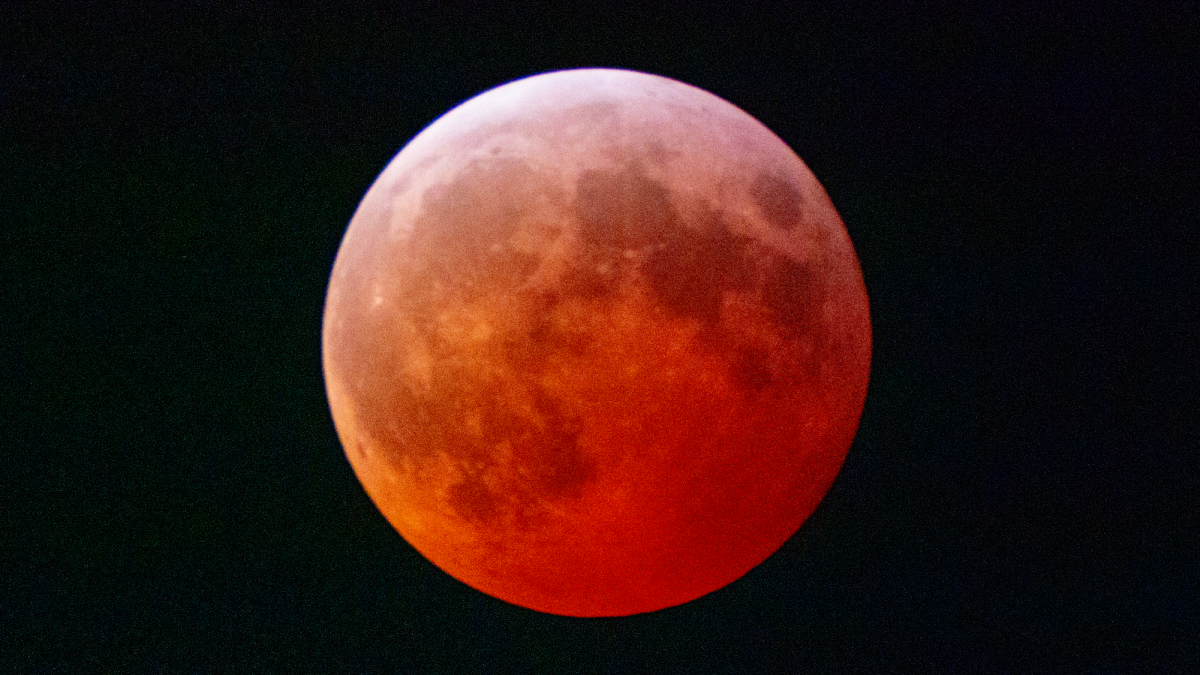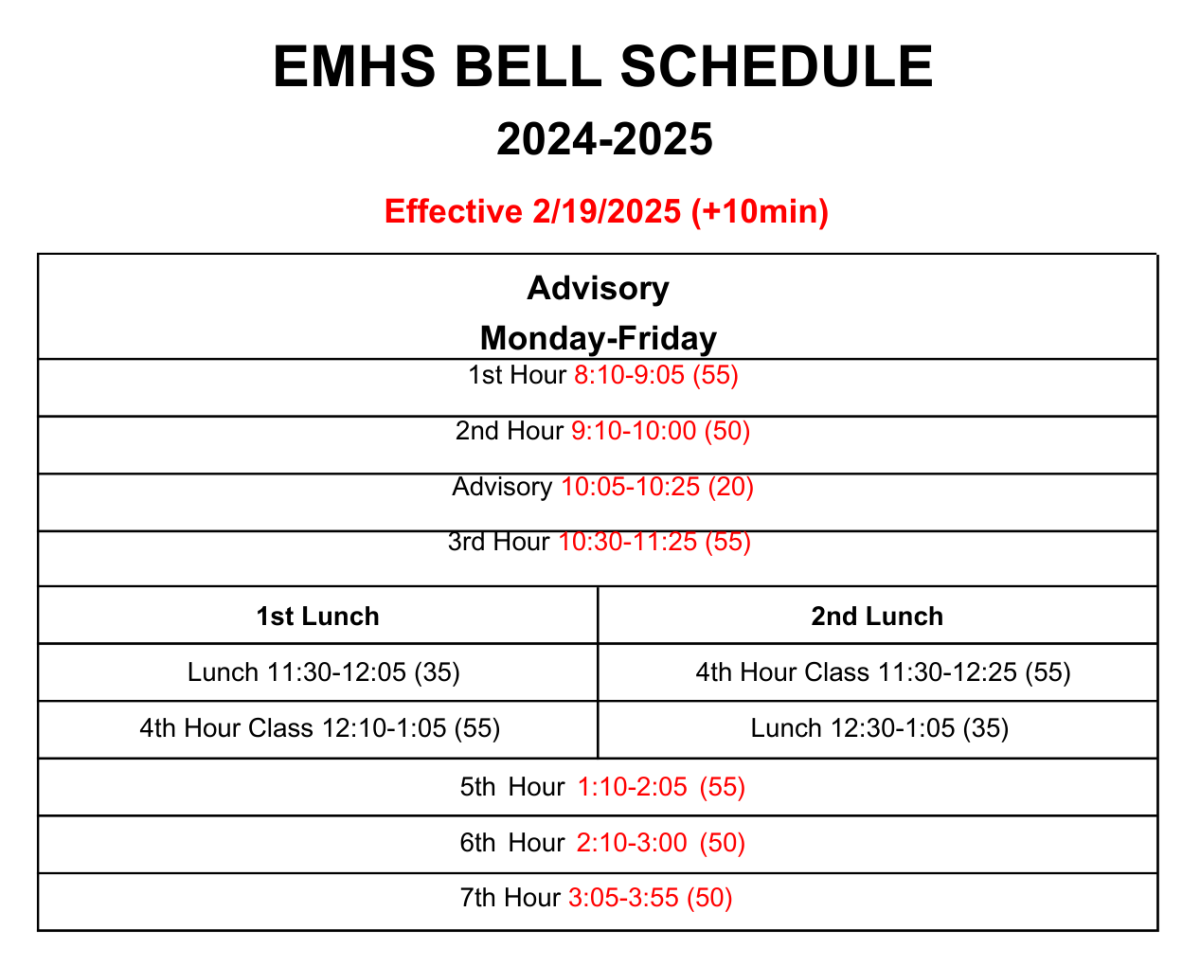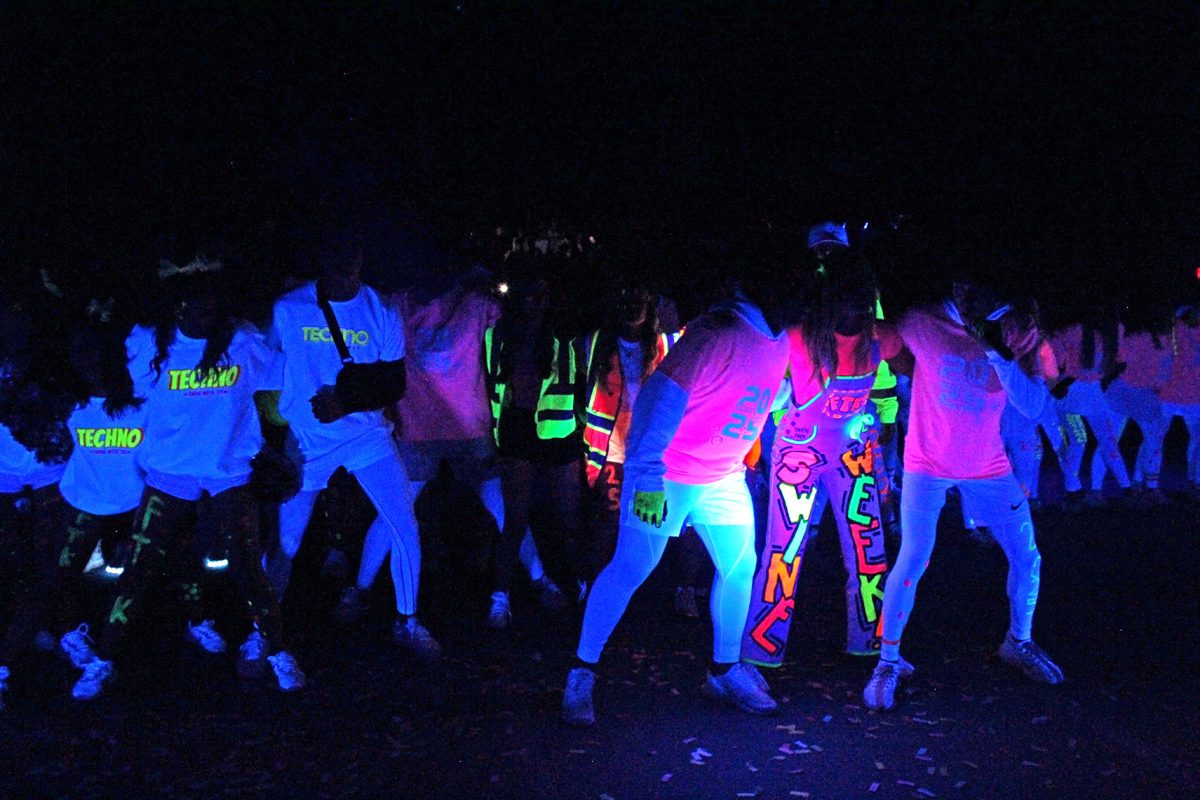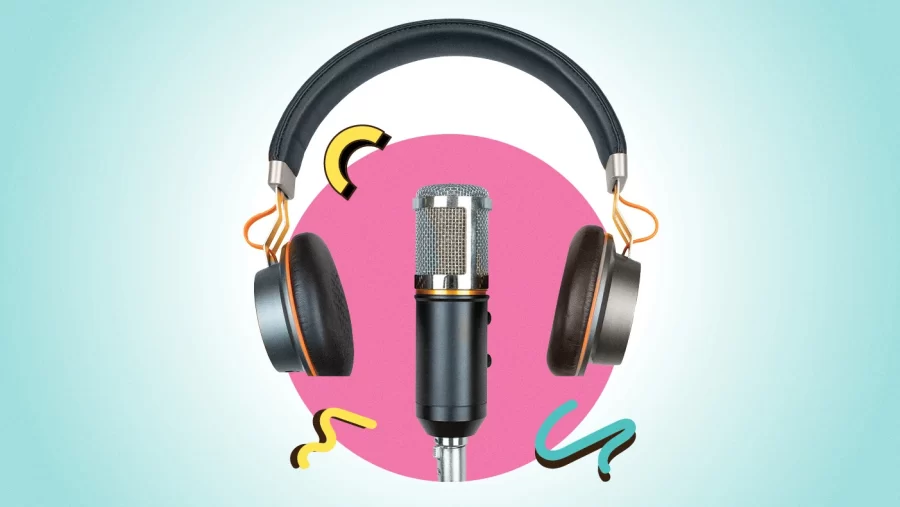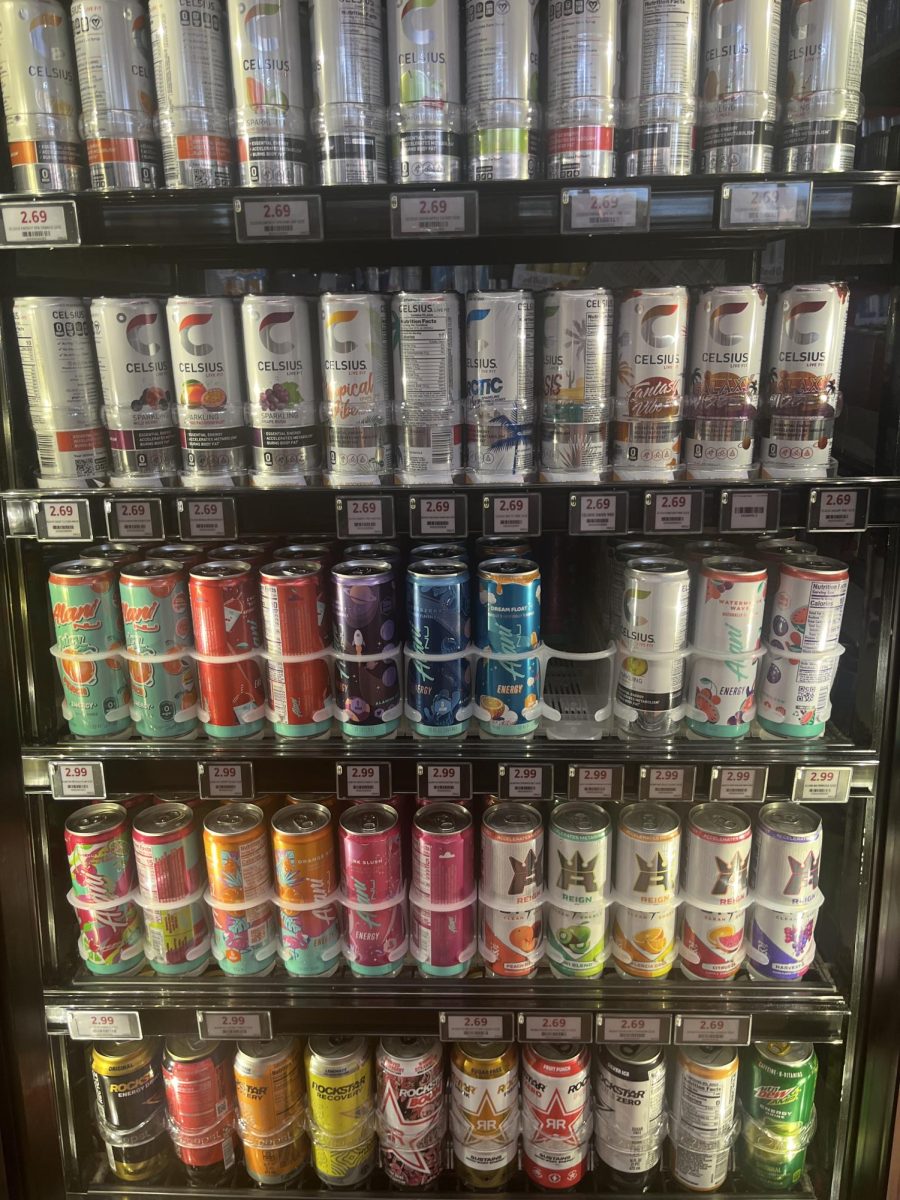It is nearly impossible to arrive at Edmond Memorial High School in the mornings and not find someone drinking their morning coffee or energy drink. Most people drink these in the morning because of the key ingredient that energizes them and prepares them for the day: caffeine. Data shows that roughly 73% of adolescents consume caffeine daily. However, not many people truly know the effects that caffeine can have on their bodies.
Teenagers often turn to caffeine for the quick energy boost it provides, which can be especially helpful to combat the fatigue that is often caused by late nights of schoolwork or extracurriculars. While caffeine can be beneficial in the short term, it can cause long-term health risks for children and teenagers while their brains and bodies are still developing.
The greatest impact on long-term health is the impact on one’s sleep schedule. Adolescents naturally have a harder time obtaining the sleep they need due to biological and social factors. It is recommended that teens should aim for between 8-10 hours of sleep, but statistics show that most only sleep around seven. Studies show caffeine only heightens these issues and can lead to sleep deprivation in students, which leads to them needing caffeine to stay awake, creating an endless cycle.
Another massive impact would be the effect caffeine has on one’s mental health. The teenage brain is still in a state of development, specifically the front of the brain, known as the prefrontal cortex, which is responsible for things such as decision-making and planning. Excessive amounts of caffeine may affect how one’s brain develops, causing anxiety, memory issues and poor attention span.
Although caffeine has many negative consequences, it usually only occurs when excessive amounts are consumed. The American Academy of Pediatrics recommends that teenagers cap their caffeine intake at 100 milligrams a day, which is around one cup of coffee. However, it can be hard to watch out for when the caffeine in energy drinks generally ranges from 54-328 milligrams for only 16 fluid ounces, and some of the most popular brands are the ones that contain the highest caffeine content. For example, Alani energy drinks and Celcius contain 200 milligrams in just a 12-fluid-ounce serving. The best ways to manage caffeine consumption are to check nutrition labels in drinks, or even choosing alternative drinks.
While caffeine is a major ingredient in teenager’s lives, it is important to stay educated on the impact it has on one’s long-term health if abused. As long as students practice healthy habits and stay alert of what they are putting in their bodies, there should be no serious health consequences.
Contact Paisley Edgin at ruffdraftemhs@edmondschools.net


